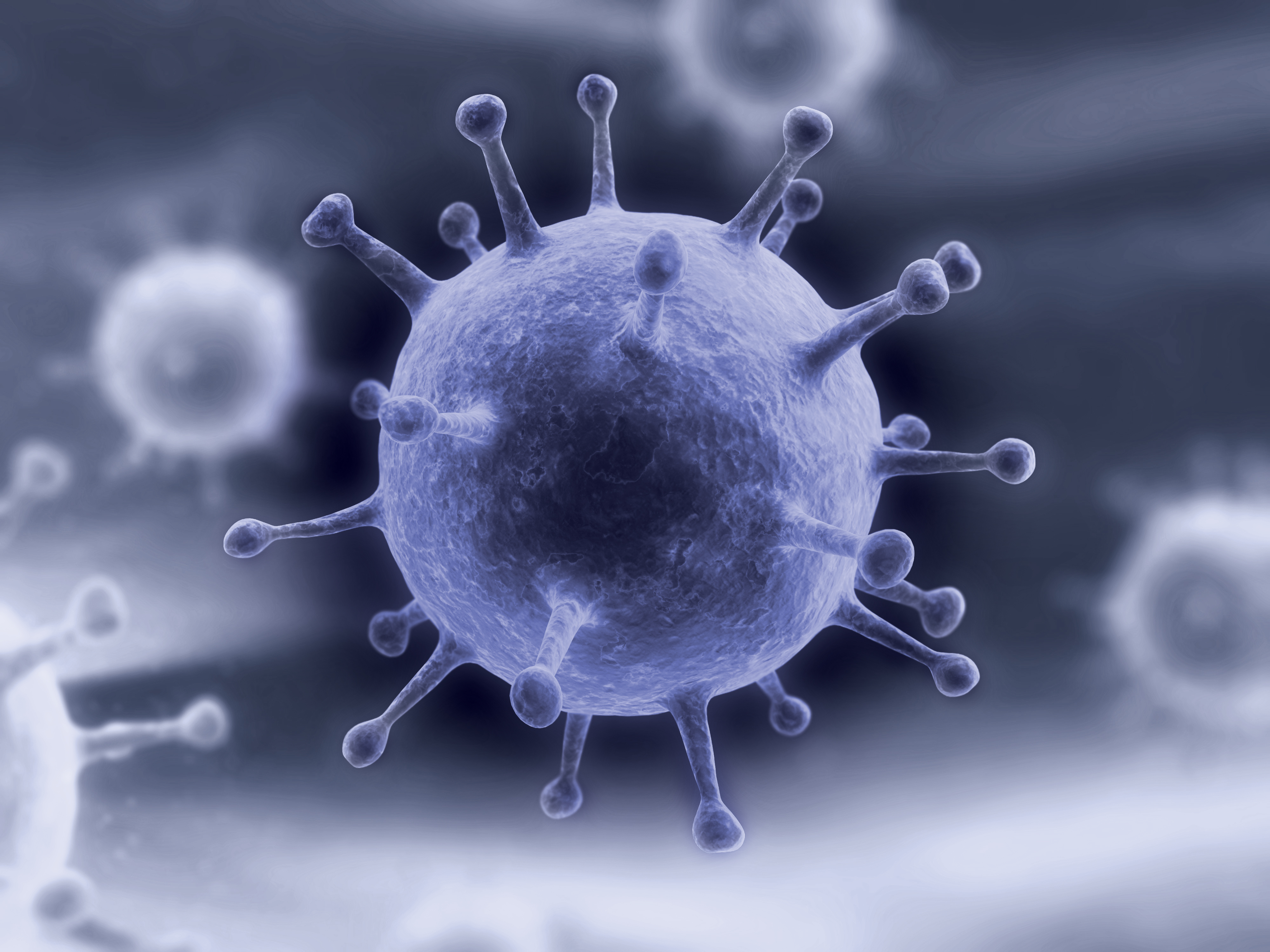
A Nipah virus outbreak took place in India recently, with at least nine people in Kerala reported dead. Three of the deceased were declared Nipah positive, while the remaining three are suspected to have contacted the same virus. As quoted from WHO’s (World Health Organisation) official website, the Nipah virus is a rare virus first identified in 1998 in Kampung Sungai Nipah, Malaysia.
At first, the virus was spread at a pig farm in the location. As reported by NBC News, pigs in the farm were infected after consuming mangoes contaminated by fruit bats. In 2004, a Nipah outbreak also took place in Bangladesh. In this case, a number of people in the country were infected by the virus after consuming dates contaminated by fruit bats.
In humans, the symptoms range from viral infection to fatal encephalitis (brain swelling), although sometimes there are no visible symptoms. Those infected first display fever symptoms such as influenza, headache, and muscle aches. Encephalitis and seizures are usually seen in severe infections, usually followed by a coma within 24 to 48 hours.
The mortality rate of Nipah virus reaches 40 to 75%, depending on the local ability to resolve the outbreak and the clinical management. 20% of those who survive the infection continues to suffer from residual neurological disorders such as seizures and changes in personality. Currently, there is no vaccine that can prevent the Nipah infection for either humans or animals, making intensive care the only way of recovery for those infected.
Text by Anggie Triana
Stock photos from: id-hub.com
Source(s):
- What is Nipah virus? (2018). https://www.nbcnews.com/health/health-news/what-nipah-virus-n876476, May 24, 2018.
- Nipah Virus - WHO (2018). http://www.who.int/news-room/fact-sheets/detail/nipah-virus, May 24, 2018.
- Virus Nipah, ‘Si Pembunuh’ yang Mewabah di India (2018). https://www.cnnindonesia.com/gaya-hidup/20180522205032-255-300492/virus-nipah-si-pembunuh-yang-mewabah-di-india, May 24, 2018.